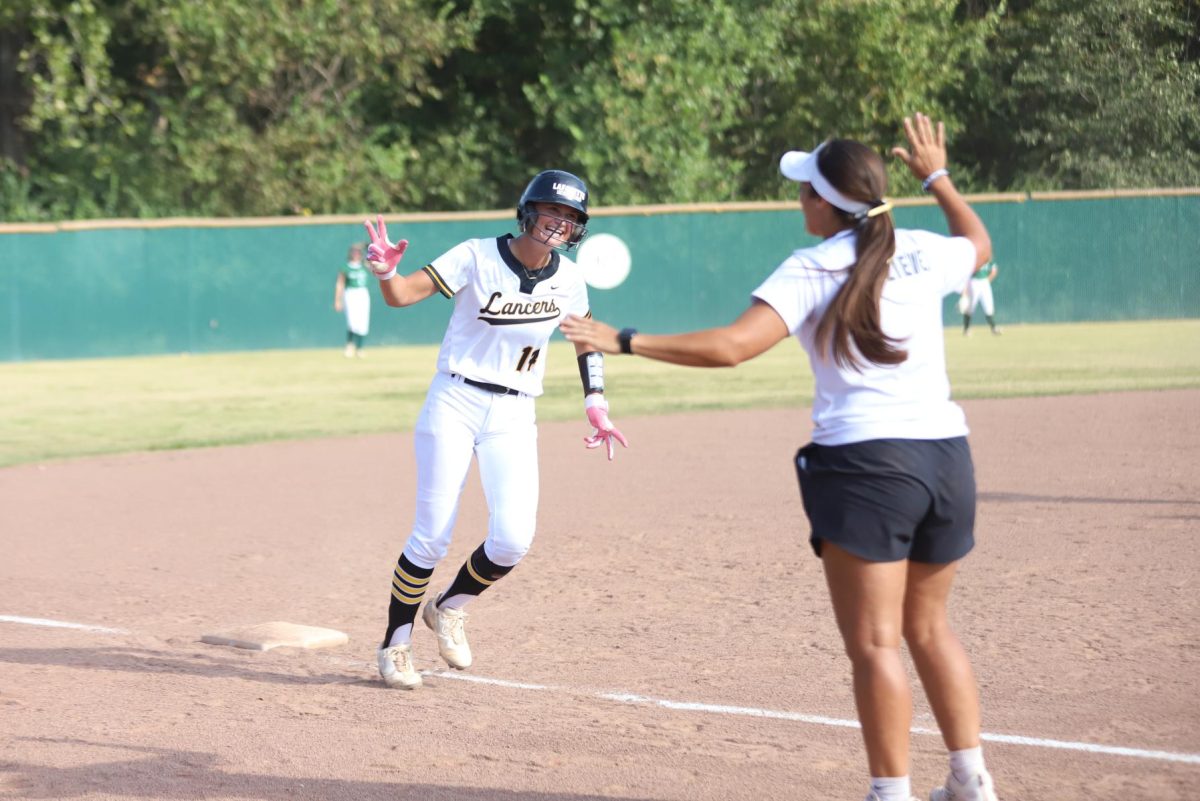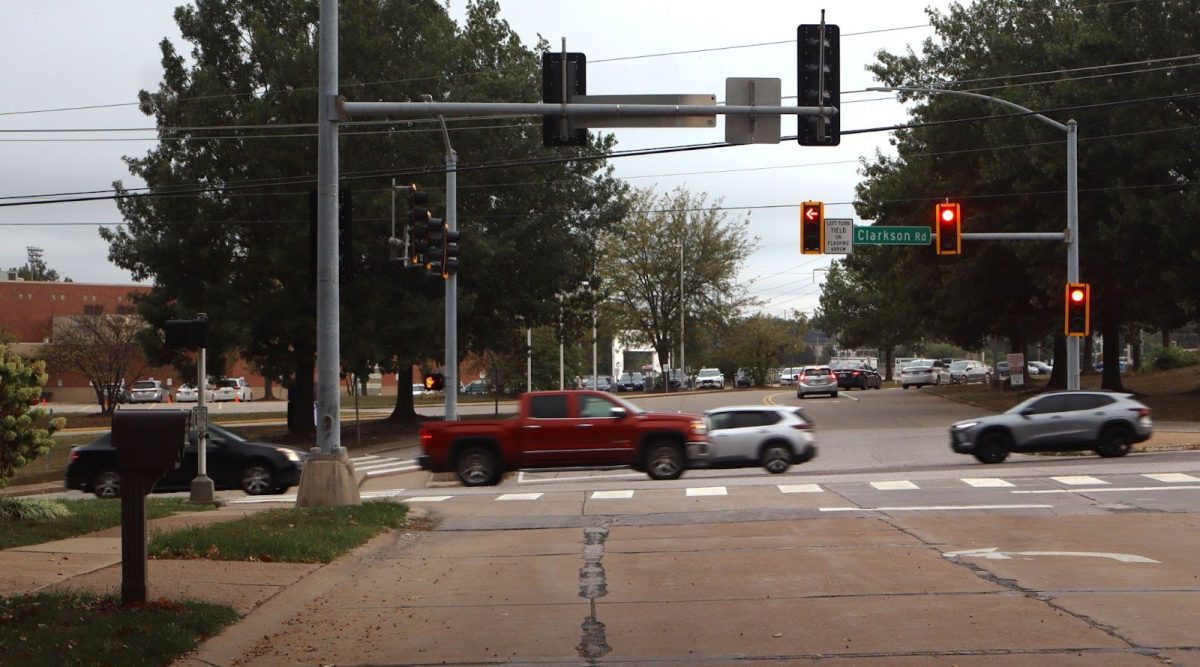As students and teachers ease back into their routine for the 2011-2012 school year, many changes have taken affect at Lafayette from the parking lot to the classroom.
One change in particular is reflected in the grade book. After being updated last March, the new policies to the standards-based grading system have been implemented into Rockwood classrooms. It is best known among students as the system in which “homework doesn’t really count.”
The new system has adopted this reputation because of its formative and summative assessment categories.
Formative assessments, or non-academic indicators, are assignments such as homework. These assignments will not directly benefit nor hurt students’ class grade by a graded score.
“The areas that we’ve concentrated on this year are homework, late work, retaking or reassessing, extra credit and participation. All of those factors are very consistent across the board,” Principal John Shaughnessy said.
Prior to the changes, Shaughnessy explained, homework was collected and graded. However, homework will now be used by teachers to asses a student’s progress in the enrolled course and adjust instruction prior to testing, in order to enhance academic standard proficiency.
Additional grading factors have been updated alongside summative and formative assessments.
For example, reassessments may be given only after the student has completed additional formative, or practice, work. The most recent score will be counted. Extra credit is referred to as “not appropriate” in regulation 6450, and late work will be reported and listed as a non-academic indicator.
Shaughnessy said, “In terms of changing the grading practice, we really began to look at more consistency across every teacher, across every department so that an ‘A’ in one room is the same as an ‘A’ in another room.”
Summative assessments, such as tests or quizzes, are meant to “measure a student’s proficiency of academic standards,” according to regulation 6450. These assessments are the factors that will determine a student’s letter grade based on the numerical grade students receive.
“We want to make sure the main focus is to increase student achievement—student learning. That’s our focus, and I know a primary focus of secondary schools and Lafayette in particular, is really to have some discussions around common grading practices,” Rockwood Superintendent Bruce T. Borchers said.
As for the benefits of the modifications, Shaughnessy said, “Your chapter exam is a summative test…it allows you to go back and reword some things or retest some things if you didn’t know some things. The idea is that we want to make sure that we’re focusing on learning. I think this is a more accurate system that allows us to gauge what kids know, and what they don’t know.”
Students have a range of opinions.
Senior Maria Tocco said, “For people who don’t test well, it obliterates their grade. If homework doesn’t count, it doesn’t motivate students to do it. If it doesn’t count, why do the extra work?”
Other students have opposing views. Senior Dominic Vitale said, “It forces students to actually learn the material, instead of busy work.”
“It separates the good students from the bad and pays off for students who do their work. It’s creating college bound students,” senior Melissa Sabadoes said.
Whether or not students agree with the standards-based grading system, it is their responsibility to cooperate.






























